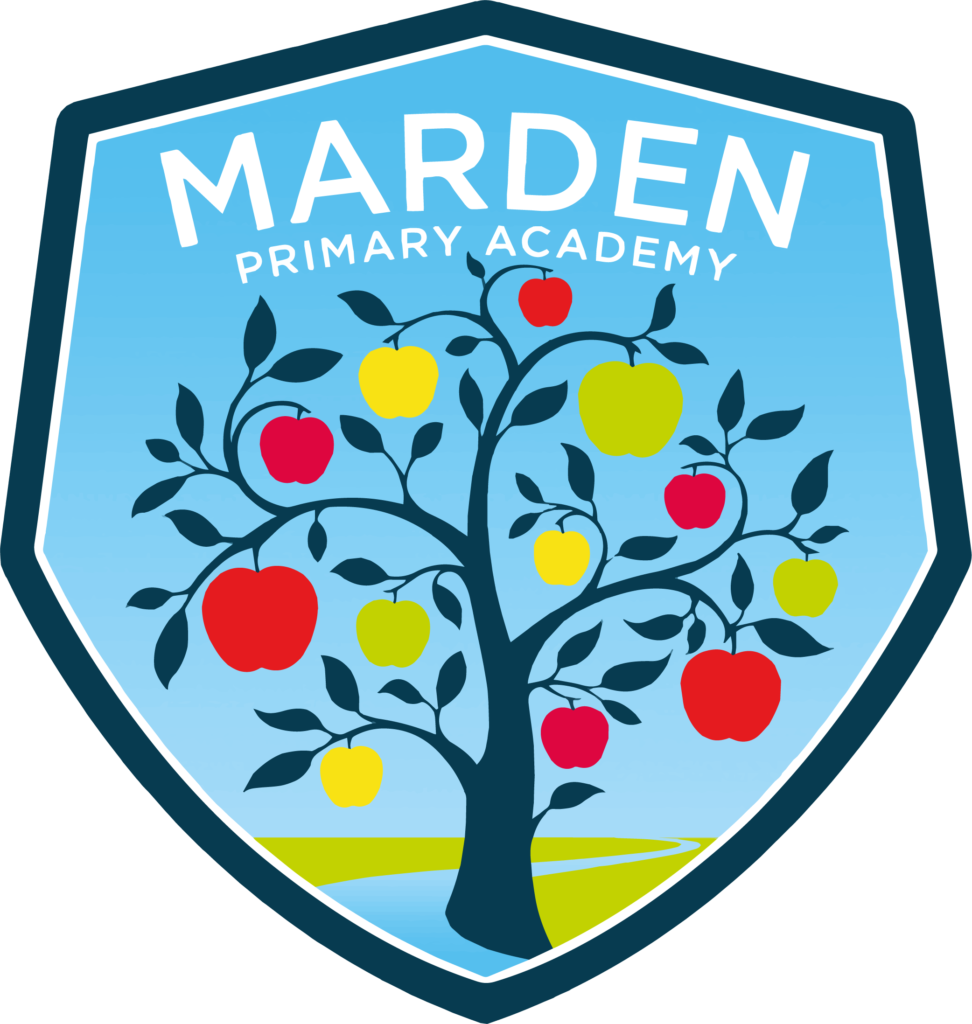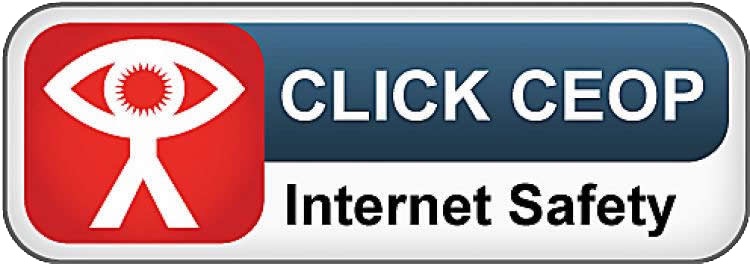Marden Primary Academy has received a National Online Safety Certified School Accreditation for its whole school community approach to protecting children in the online world.
National Online Safety is a multi-award winning digital training provider with extensive resources in online safety, developed in line with the Department of Education’s statutory requirements.
Its CPD accredited courses and educational resources support UK schools in educating the whole school community in online safety– including all senior leaders, teachers, all school staff and parents – on how to make the internet a safer place for children.
Parents and carers of children at Marden Primary Academy can sign up to National Online Safety (free of charge).
Parent Guides
Using Google Classroom
We use Google Classroom to support learning in school and at home. All of our home learning is scheduled on Google Classroom. Your child will have their own school email address and password, along with the classroom code, to access the platform.
If you are having problems joining Google Classroom, please speak to your child’s teacher.
Are you worried about your child’s online communication?
Formed in 2006, CEOP’s aim is to eradicate the sexual abuse and grooming of children online. You can report concerns to them by clicking on the ‘Click CEOP’ button.
Top Tips for Parents and Carers
- Talk to your child about what they’re up to online. Be a part of their online life; involve the whole family and show an interest. Find out what sites they visit and what they love about them, if they know you understand they are more likely to come to you if they have any problems.
- Use National Online Safety guides. There are guides for every online platform, including TikTok, WhatsApp, Facebook and Fortnite to name a few. There are also guides to support setting up devices.
- Keep up to date with your child’s development online. Children grow up fast and they will be growing in confidence and learning new skills daily. It’s important that as your child learns more, so do you.
- Set boundaries in the online world just as you would in the real world. Think about what they might see, what they share, who they talk to and how long they spend online. It is important to discuss boundaries at a young age to develop the tools and skills children need to enjoy their time online.
- Keep all equipment that connects to the internet in a family space. For children of this age, it is important to keep internet use in family areas so you can see the sites your child is using and be there for them if they stumble across something they don’t want to see.
- Know what connects to the internet and how. Nowadays even the TV connects to the internet. Make sure you’re aware of which devices connect to the internet, such as their phone or games console. Also, find out how they are accessing the internet – is it your connection, or a neighbour’s Wi-Fi? This will affect whether the safety settings you set are being applied.
- Use parental controls on devices that link to the internet, such as the TV, laptops, computers, games consoles and mobile phones. Parental controls are not just about locking and blocking, they are a tool to help you set appropriate boundaries as your child grows and develops. They are not the answer to your child’s online safety, but they are a good start and they are not as difficult to install as you might think.



